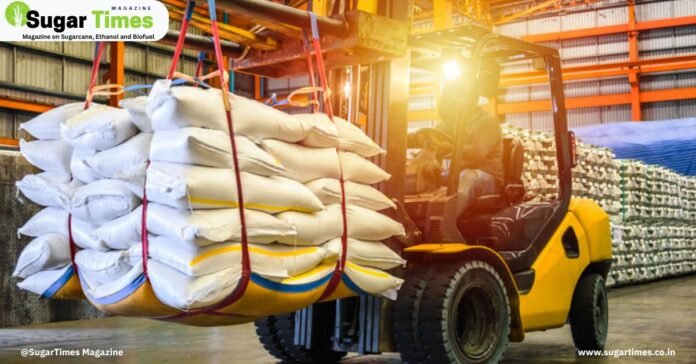India’s sugar industry is raising concerns over recent changes in the government’s ethanol blending program, which was once a major boost to the sector. After investing heavily in ethanol production, sugar companies now worry that their product is being sidelined in favor of grain-based ethanol.
What’s the issue?
-
A few years ago, sugar mills were supplying about 70% of the ethanol used in the national fuel blending program.
-
Today, that share has dropped to just 30%, with grain-based ethanol making up the difference.
-
This shift hurts sugar mills financially, affects their ability to pay farmers on time, and leaves newly built ethanol production facilities underused.
Industry leaders speak out:
-
Atul Chaturvedi, Executive Chairman of Shree Renuka Sugars, said the sugar sector invested heavily in ethanol production based on the government’s plan that 55% of ethanol would come from sugar and 45% from grain.
-
Now, with much lower allocations, companies are struggling to repay loans and fear the industry could slide into financial trouble again.
-
He urged the government to restore the original balance, especially since a good sugarcane crop is expected this year.
-
Ankita Patil, Director at Indreshwar Sugar Mills, warned that if this trend continues, sugar mills will lose the financial cushion ethanol used to provide.
-
She said molasses prices would drop, ethanol income would fall, and the industry would become more vulnerable to global sugar price swings.
-
She emphasized that long-term planning and stable government policy are crucial for the sector’s survival.





